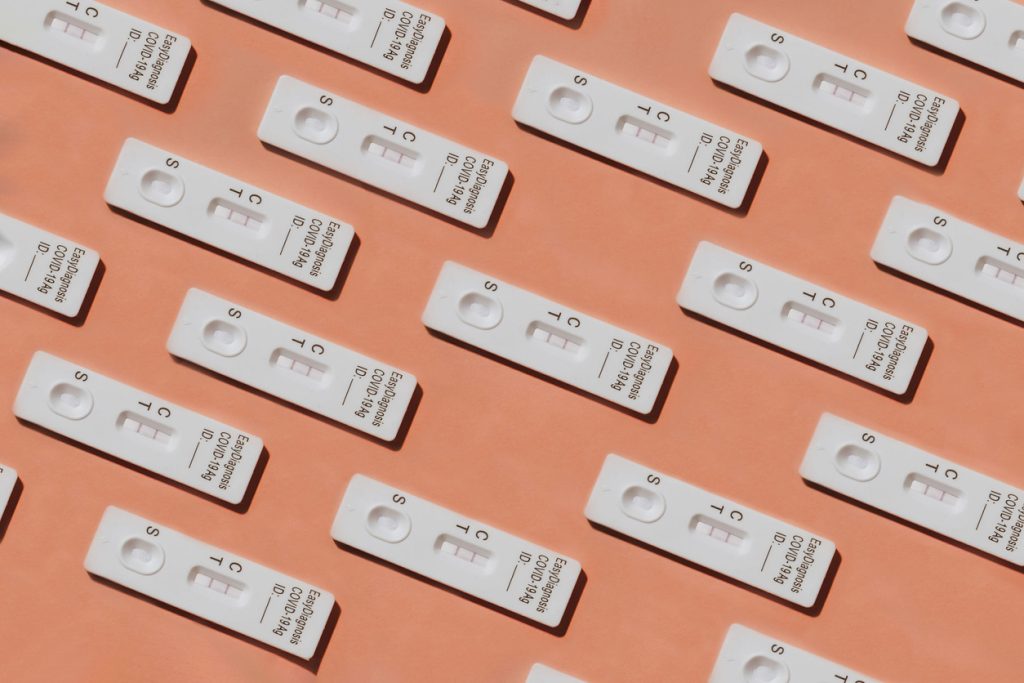As with most products, there are considerable issues and risks associated with overstocked goods, including financial risk of having to clear surplus stock below cost during market shifts. Ultimately, as supply increasingly and overwhelmingly meets demand, market prices for RATs will fall leaving excess stock for some, that is neither profitable nor sustainable.
Complications associated with overstocking
Storage costs and complications add to the difficulties with simply having too many tests. Studies suggest that the yearly cost of storing surplus stock can be up to 32% greater. Along with this, items such as RAT tests require specific storage temperatures and other conditions that, if not met, can render the tests unusable.
Having too much cash tied up in excess inventory can lead to poor cash flow which has significant and detrimental effects on a company’s debt management and general operations. The limited shelf life of products such as RATs is another problem. Over recent years, RAT shelf-life has varied from several months to a full year. However, these storage factors can directly impact the reliability of these dates.
Can RATs be recycled?
At the present, most componentry of used RATs, cannot be recycled and are considered to belong to general medical or clinical waste.
However, unused tests are completely recyclable.
While materials that RATs are made from are recyclable, once contaminated with a human specimen, they are no longer considered recyclable. It represent a serious potential health risk to those working in the recycling process.
As such, the only components that can be recycled from used RATs are the ‘non-clinical’ componentry, such parts include the outer cardboard packaging and the cardboard vial stand.
What does a sustainable removal process look like and why is it important?
Sustainability encompasses financial viability as well as ethics and environmental responsibility. There are several ways to sustainably remove excess tests and deciding which methodology to adopt depends on various situations. RAT resellers can choose to slash prices and sell to end consumers or liquidation companies, in an attempt to rescue some of the cash tied up in the stock. On the other hand, donating these health supplies can also be an effective way to remove the unwanted stock and provides a positive public relations opportunity. Most importantly, this saves bulk product from ending up in a landfill without being used.
Provided that these other avenues cannot be pursued, correct disposal of these tests is paramount. Thankfully, unused RAT tests can be recycled. As such, it is important for organisations to have processes in place to ensure that they minimise the amount of excess stock that could end up in landfills. Smart companies will engage only with validated recycling companies and will be implementing or should have already had in place waste management policies that minimise the environmental impact of the superfluous stock.
A sustainable removal process is important as excess stock can represent a large amount of waste that, if managed incorrectly, can place further pressure on an already fragile environment. As we can all attest to, the last three years have seen a drastic increase in plastic waste not only in landfill and in the ocean but littered around our cities. With greater awareness being raised around the detrimental impact of plastic waste on the environment, it has become increasingly crucial for organisations to ensure they remain responsible and avoid negligent processes which will only hurt its public image and its ability to sustain operations into the future.
It is recommended to pursue disposal options that
- Offset carbon emissions,
- Offer repurposing or recycling options, and
- Minimise landfill usage.
Here at Westlab we are dedicated to providing a positive social impact on society, our communities, and the environment for the next generation. We like to consider both the present and future impacts that our decisions will have on the environment and risk-manage these factors appropriately. For more information, Talk to us today.
